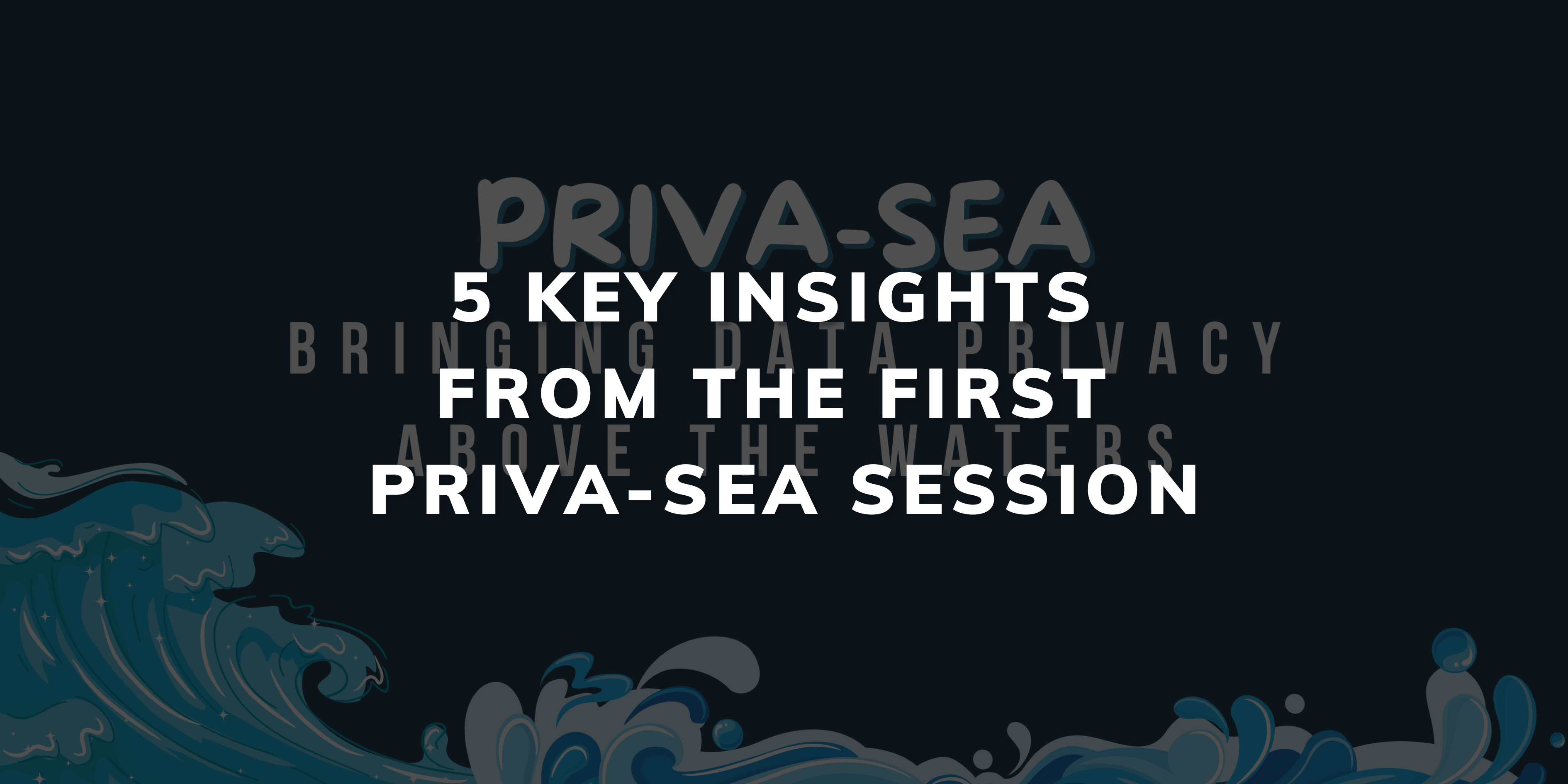
5 Key Insights from the First Priva-Sea Session
Data privacy has undergone significant transformation in the last decade, moving from a concept rooted in personal space to a comprehensive approach that addresses the vast data flows of this technology era. The Priva-Sea podcast dives deep into these changes, offering enlightening perspectives on how privacy concerns have shifted in response to technological advancements, legal evolutions, and societal changes. Here are five key insights from the podcast that highlight the current landscape of data privacy and its future directions.
From Annoyance to Geopolitical Concern
The podcast outlines how privacy issues have evolved from minor annoyances to significant geopolitical concerns. The discussion points out that data breaches have moved beyond cybercrime to encompass cyber conflict and warfare, indicating a profound shift in the stakes involved in protecting personal data.
The Role of Emerging Technologies
Technologies like AI and IoT are expanding the scale and connectivity of data at an unprecedented pace. This expansion challenges traditional notions of privacy, transitioning from a focus on embarrassment or shame to a broader understanding of privacy’s functional role in our lives.
Legal and Regulatory Responses
Despite efforts to adapt, legal frameworks struggle to keep pace with the rapid developments in technology. The podcast highlights the European GDPR as a significant step forward but also acknowledges the challenges of enforcement and jurisdictional scope, especially in a global context.
Challenges in Data Privacy Management
For both individuals and businesses, managing data privacy poses significant challenges. The podcast discusses the need for improved consent management and data governance, emphasising that the responsibility for data privacy extends across entire organisations, not just compliance departments.
The Future of Privacy
Looking ahead, the podcast speculates on the potential of private international law solutions to provide uniform regulatory approaches and the importance of big tech companies earning their social licence. The role of AI in shaping the future of privacy is also underscored, with a call to actively engage with the ethical implications of AI development.
